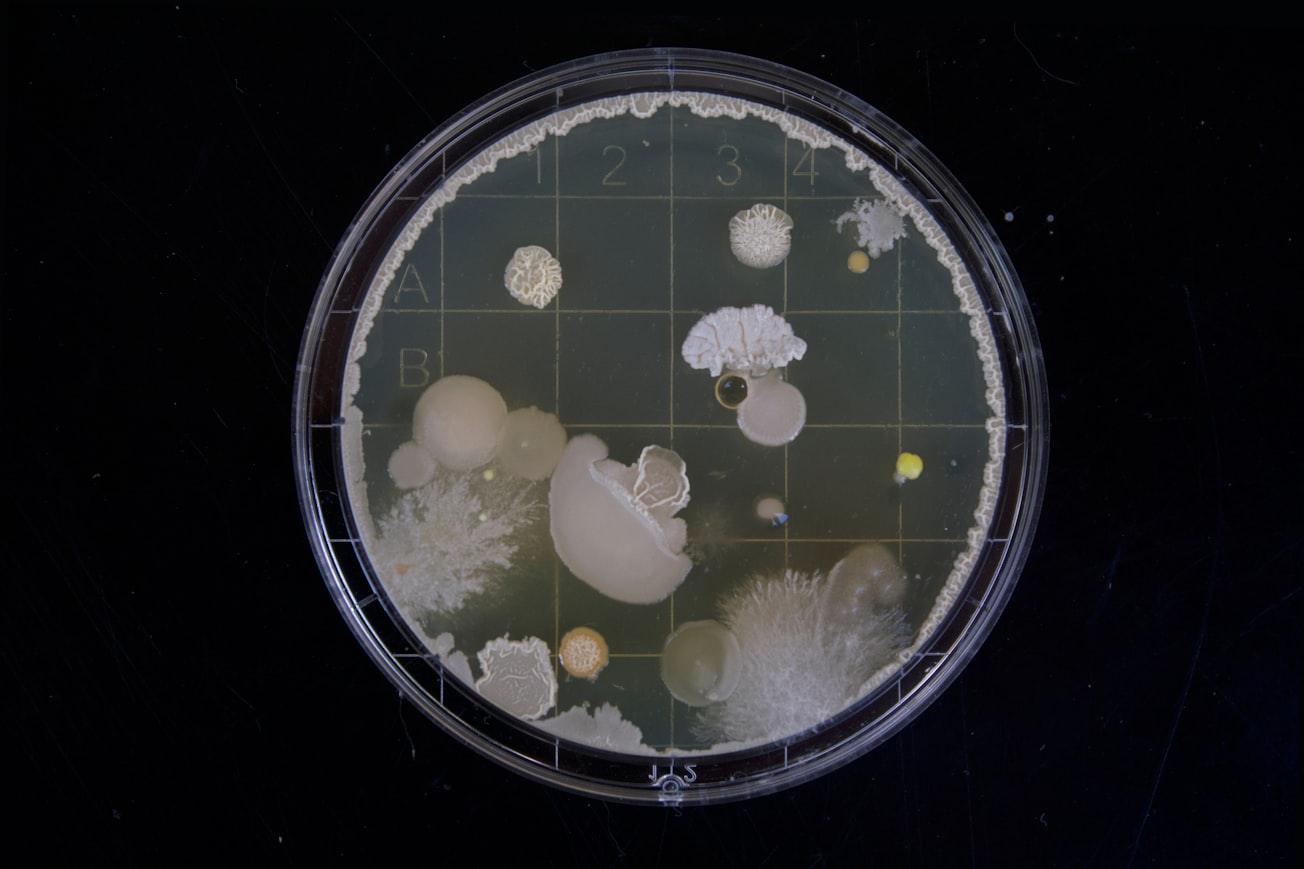What is it about?
Methicillin-resistant Staphylococcus aureus (MRSA) is one of a medically important Gram-positive bacteria, which can be harboured majorly in the nasal cavity. Risk of consequent infection in a person colonized with S. aureus as well as MRSA upsurges with time and remains insistently increased.
Featured Image

Photo by Michael Schiffer on Unsplash
Why is it important?
Understanding the overall epidemiology of nasal colonization of S. aureus and MRSA at the country level is so significant to strengthen effective prevention and control strategies.
Perspectives
This meta-analysis was aimed to summarize available data and to determine the pooled prevalence of S. aureus and MRSA nasal colonization in Ethiopia by conducting a meta-analysis.
Alemayehu Reta
Debre Markos University
Read the Original
This page is a summary of: Nasal colonization of methicillin resistant Staphylococcus aureus in Ethiopia: a systematic review and meta-analysis, Annals of Clinical Microbiology and Antimicrobials, September 2019, Springer Science + Business Media,
DOI: 10.1186/s12941-019-0324-y.
You can read the full text:
Contributors
The following have contributed to this page







